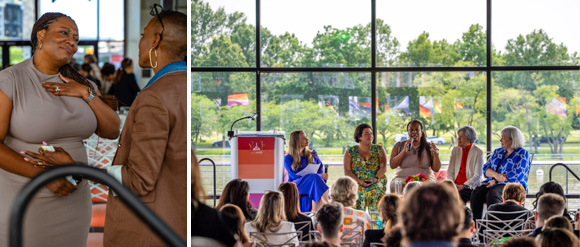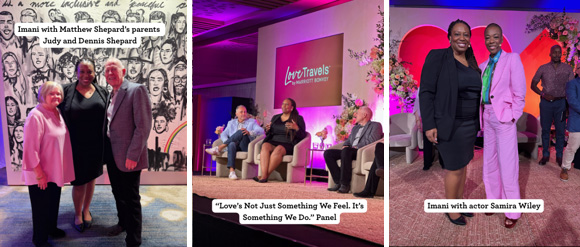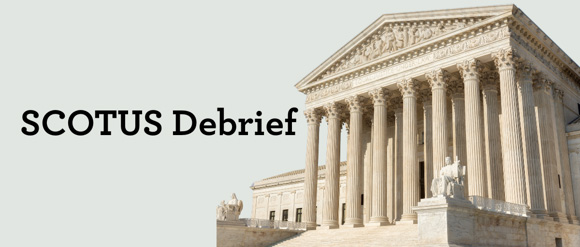
SCOTUS Debrief
The Supreme Court’s session ended in June with several major decisions that will impact NCLR’s work. Read on for a breakdown of the rulings related to LGBTQ rights.
United States v. Skrmetti
On June 18, the Supreme Court released its decision in United States v. Skrmetti, upholding Tennessee’s law banning transgender youth healthcare. The result is devastating for youth in Tennessee, who will be deprived of essential, evidence-based care that has been shown to greatly improve their health and wellbeing. At the same time, the court’s decision was narrowly focused and does not automatically extend outside of Tennessee. It’s important to know that no state is required to ban healthcare for transgender youth based on this decision.
Transgender adolescents need all the same things that every other kid needs: loving families, safe schools, and essential healthcare that lets them grow into happy, thriving adults. Laws like Tennessee’s are cruel and discriminatory, and we will continue to fight them in the courts and state legislatures.
Shilling v. United States
In January, President Trump issued an executive order calling for all transgender military service members to be discharged. The order was cruel and demeaning to transgender service members, who have sacrificed so much to serve their country with honor, accusing them of being dishonest and lacking the integrity to serve. Together with our partners at GLAD Law, we filed the first challenge to the President’s new military ban, Talbott v. United States. In March, the U.S. District Court for the District of Columbia issued an order preventing the administration from implementing the ban, and the government appealed, asking the court of appeals to put the district court’s order on hold and allow it to proceed with discharging transgender service members.
Another case challenging the ban, Shilling v. United States, was also filed in Washington state, and the district court in that case also ordered the government to halt implementation of the ban. The government appealed that order as well, and when the court of appeals denied its request to let the military resume implementing the ban, the government took its request to the Supreme Court. On May 6, the Supreme Court ordered a stay of the district court’s order in Shilling, allowing the ban to go into effect.
The Supreme Court’s order opens the door to a cruel and unprecedented purge of highly trained, capable personnel who will lose the careers they have worked so hard to establish, in some cases for decades. Even worse, the military intends to implement the ban using administrative separation, a process normally reserved for cases of misconduct. We will continue to challenge this cruel and discriminatory policy in Talbott, and we believe these brave, honorable service members will be vindicated in the end.
Mahmoud v. Taylor
On June 27, the Supreme Court issued its decision in Mahmoud v. Taylor. The case challenged a school district curriculum policy in Montgomery County, Maryland, which called for LGBTQ-inclusive texts to be used in classrooms and did not allow parents to opt their children out of these lessons. The Supreme Court ruled that the district’s failure to allow parents to opt their children out of reading these books violated their constitutional right to free exercise of religion.
Although the Court ruled that the parents in the case must be allowed to opt their kids out of reading these texts, it’s important to know that the Supreme Court’s decision doesn’t prevent school districts from adopting LGBTQ-inclusive curricula. All students benefit from learning about the full diversity of our society, and we will continue to support school policies that specifically include and recognize the experience of LGBTQ people.
Trump v. CASA
On June 27, the Supreme Court released its decision in Trump v. CASA, Inc., a case challenging President Trump’s executive order that attempts to limit the scope of birthright citizenship. The Court did not address the merits of the case. Its decision was limited to considering when federal courts can issue orders that protect not only the plaintiffs in a case, but other people similarly affected by a challenged law or government policy. The court ruled that the lower courts could direct the government not to enforce the executive order against the plaintiffs in the case but could not broadly order the government to stop enforcing the policy against any other person in the country who is affected by it.
The Supreme Court’s decision takes away an important and flexible tool for parties challenging unconstitutional government action, but it won’t stop us from continuing to challenge the cruel and extreme policies being adopted by this Administration. The Court’s decision recognizes that these challenges can still be brought as class actions, and that parties are entitled to relief that fully remedies violations of their rights. While this ruling might make our work more complicated and more expensive, we will continue to work for court orders that protect everyone affected by the Trump Administration’s hostile anti-LGBTQ agenda.
Looking Ahead
On July 3, the Supreme Court announced that it will hear two cases, from Idaho and West Virginia, challenging state policies banning transgender girls from competing on girls’ teams in school sports. The Court’s decision will likely be issued in June of 2026.
The Supreme Court’s decision is likely to have a significant impact on our cases challenging unconstitutional laws in Arizona and Utah that similarly ban transgender girls from competitive sports. In those cases, we have obtained orders from a state court in Utah and from the U.S. Court of Appeals for the Ninth Circuit that prevent these states from enforcing these discriminatory laws against our transgender clients. We will continue to work to protect our clients, and all transgender student athletes, as these cases move forward in the Supreme Court.
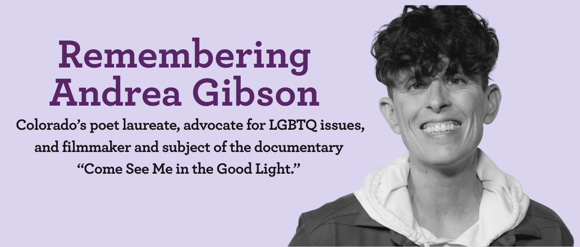
Remembering Andrea Gibson
Colorado’s poet laureate, advocate for LGBTQ issues, and filmmaker and subject of the documentary “Come See Me int the Good Light”
We are mourning the death and celebrating the life of Colorado’s poet laureate, Andrea Gibson. Selected into the post because of their “fierce conviction in inspiring others to pursue art and take action toward solving social issues,” Gibson’s work sought to connect people and bring LGBTQ issues to the spotlight. Despite their cancer diagnosis, Gibson accepted the post as poet laureate, because they felt it would open doors for other chronically ill and disabled poets.
Andrea was a friend of NCLR. In 2020, Andrea performed poetry at our virtual gala. Andrea – you will be missed. Thank you for your work that has and will continue to touch so many. Your memory shall forever live on.
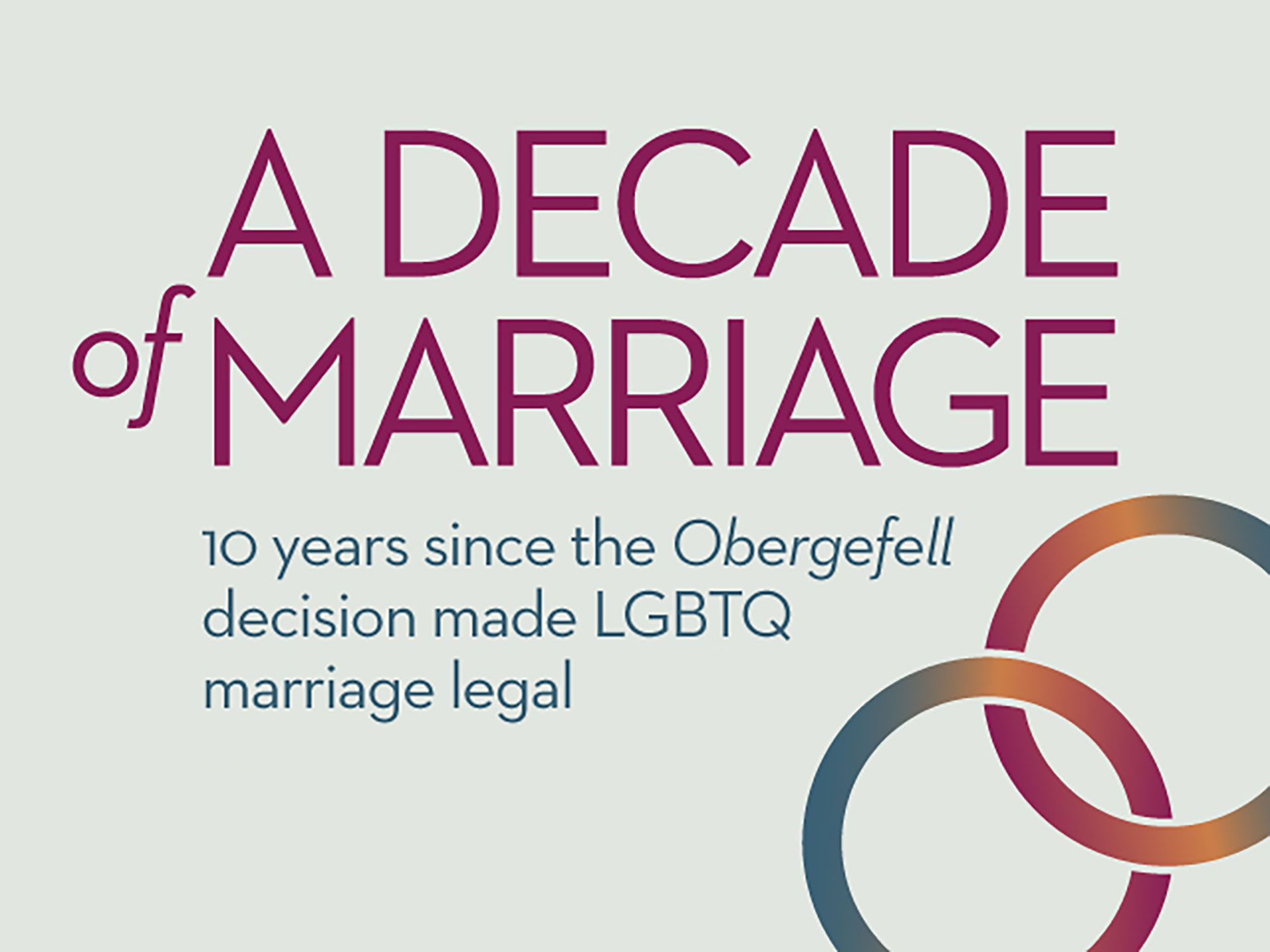
A Decade of Marriage - 10 Years Since the Obergefell Decision Made LGBTQ Marriage Legal
June 26th marked ten years since the Supreme Court decided Obergefell v. Hodges, securing nationwide marriage equality for our community.
Over the last decade, marriage equality has transformed the position of LGBTQ people in our society—providing a level of security and acceptance we could only dream of in the past. When the Obergefell decision came out, thousands of families breathed a sigh of relief.
Visit A Decade of Marriage: 10 Years Since Obergefell for a timeline of legal challenges that led to Obergefell, new perspectives from our staff a decade after the historic decision and archival videos from the day the Supreme Court got it right!
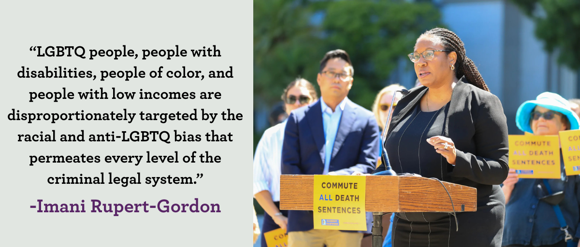
NCLR Joins Call for Universal Clemency
“LGBTQ people, people with disabilities, people of color, and people with low incomes are disproportionately targeted by the racial and anti-LGBTQ bias that permeates every level of the criminal legal system.”
— Imani Rupert-Gordon
NCLR President Imani Rupert-Gordon joined other civil rights leaders in Sacramento to call on California Governor Gavin Newsom to commute the death sentences of all 574 individuals currently on the state’s death row. California has the largest death row in the nation and one of the largest in the world. Two-thirds of the individuals have spent more than 20 years on death row, and dozens of individuals have been on death row for more than 40 years, enduring decades of delays caused by California’s inability to provide lawyers to handle capital appeals. Death row has a dark history of racial discrimination, and the National Academy of Sciences estimates that at least four percent of people sentenced to death in the U.S. are innocent. In her speech at the state capitol, Imani said:
“The death penalty is a cruel and inhumane relic of some of the darkest parts of our history. As an organization rooted in the fight for civil rights, we oppose the death penalty knowing that it is racially biased and irreparably entwined with the legacy of slavery in this country.
LGBTQ people, people with disabilities, people of color, people with low-incomes, and others are over-policed, over-incarcerated, and are disproportionately targeted by the racial and anti-LGBTQ bias that permeates every level of the criminal legal system.
That bias is well documented. We have seen discrimination used to keep LGBTQ people off death penalty juries, removing our voices from these critical cases and denying the accused their right to have their cases considered by a diverse and representative jury of the peers.”
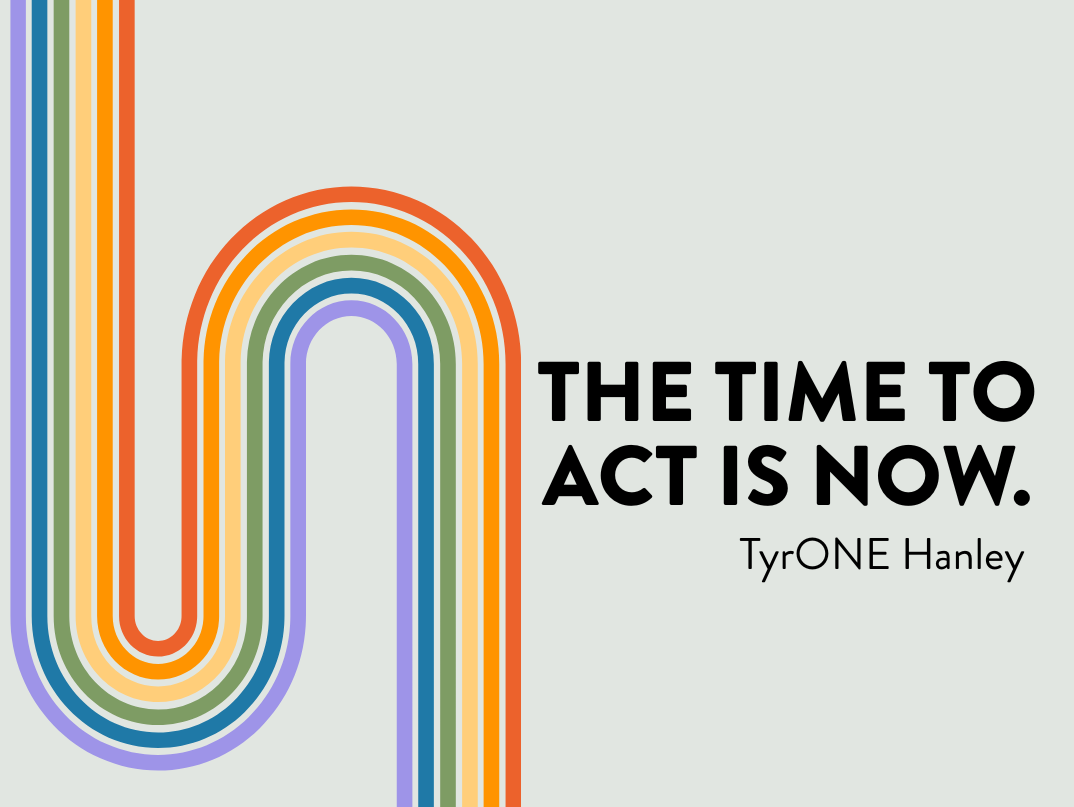
The Time is Now for an LGBTQ+ Inclusive Economic Justice Movement
On July 4th, President Trump signed into law the One Big Beautiful Bill Act (the “Act”). The Act eliminates health care and food assistance for millions of people — all to fund tax cuts for rich people and corporations, increase military spending, and mass deportations. NCLR’s Director of Racial and Economic Justice Initiatives TyrONE Hanley wrote a piece detailing what the Act means for the LGBTQ community, and why the time is now for an LGBTQ+ Inclusive economic justice movement for all.
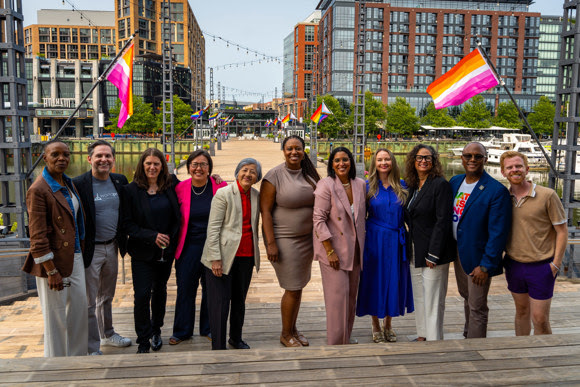
NCLR’s Cross-Country Pride
June had NCLR President Imani Rupert-Gordon on both coasts, representing NCLR and advocating for LGBTQ rights on big stages.
Imani joined World Pride in Washington, D.C. for 2 powerful events:
Power Moves: Lesbian Leadership in Action hosted by Project LPAC, one of the top organizations researching the civic engagement of LGBTQ women, on Tuesday, June 3. The panel gathered distinguished lesbian leaders shaping the future of business, politics, law, education, entertainment, and sports and was an incredible opportunity for Imani to be in conversation with lesbian and queer women discussing the importance of this leadership right now. Other panelists included the President of George Washington University Ellen Granberg, Congress Member Emily Randall, representing Washington’s 6th District, retired U.S. Ambassador Chantale Wong and LPAC Board Member and Psychologist Mary L. Trump.
Love Travels by Marriott Bonvoy hosted “Love’s Not Just Something We Feel. It’s Something We Do.” on June 6. This very special event in celebration of WorldPride was a conversation with leading LGBTQ+ organizations and special guests that highlighted the actions NCLR, and similar organizations, are taking to help shape a more welcoming world. The Panel moderated by Emmy-award winning actor Samira Wiley featured leaders from the Matthew Shepard Foundation, included Matthew Shepard’s parents, Judy and Dennis Shepard, Human Rights Campaign, PFLAG, International Gay & Lesbian Travel Association, and Out & Equal Workplace Advocates in addition to Imani.

Imani at Ballhalla!
And back on the west coast, Imani led the drum tradition at the start of the Golden State Valkyries’ Pride Night on June 27th. Upon the announcement of “Imani Rupert-Gordon with the National Center for LGBTQ Rights, the cheers of the crowd filled the stadium. Thank you for having us, Ballhalla!

NCLR in the News
Watch and read the latest news related to NCLR’s work:
Supreme Court takes up legality of bans on transgender athletes in women’s sports, The Washington Post
A Pioneering Advocate for LGBTQ Rights: Shannon Minter, David Lat, Original Jurisdiction
Marriage Equality and Trans Rights Are Two Sides of the Same Coin for Many, New York Times. The piece features the voices of NCLR plaintiffs.
Watch: “Fighting to Serve” – Evident Media tells the story of Major Erica Vandal.

